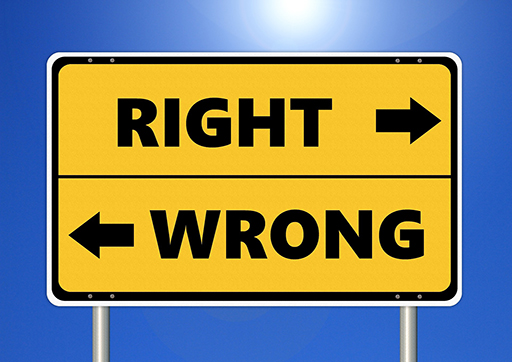1.1 Ethical management?
At their best, management systems promise high levels of ethical practice. This is because their aim is to depersonalise and treat everyone and their needs according to a set of agreed and objective criteria. However, as anyone who has dealt with a large bureaucratic organisation knows, management systems can create ethical tensions. Such tensions are highlighted by Gabriel (2015), whose study of a hospital accident and emergency department demonstrated how staff would sometimes bypass formal management systems to assist those they thought were in most need. These were acts they considered to be leadership. The study calls attention to one story from a junior doctor, who recites with pride how a senior doctor came to the aid of a pregnant woman, bypassing formal procedures to give her speedy care, ensuring that she did not have to wait alongside ‘drunks and druggies’ (Gabriel, 2015, p.326). The doctors decided to reject the management approach of a hospital triage system in favour of what they saw as leadership. Maybe the judgment call of the doctors in this extract was correct, and the pregnant woman needed caring leadership that involved subverting a management system. But perhaps there is prejudice at work in this story, giving preferential treatment to someone the doctors identify with more strongly.
One of the key ethical strengths of a management system is that it is supposed to prevent unfair treatment of people based on prejudice; these ethical aims are achieved in practice through a standardised approach that does not make exceptions. However, standardised approaches can overlook people’s particular needs – a crude and uniform application of equality may cause harm. This is why leadership is all about questioning the status quo, pushing boundaries and creating new meaning and possibilities – this can undermine good ethical management systems, but can also help correct bad systems.

